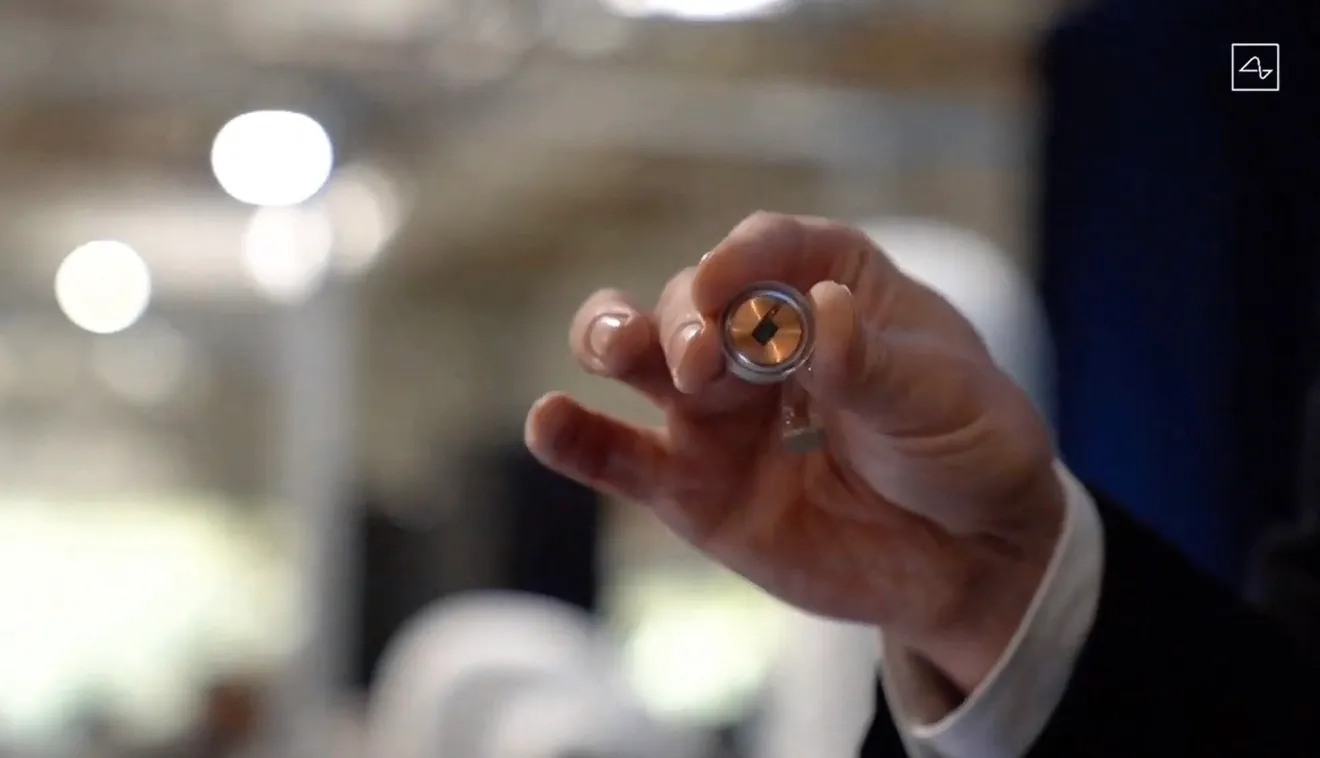Elon Musk, the visionary entrepreneur behind SpaceX, is not limiting his ambitions to space exploration. His tech startup, Neuralink, aims to venture into the realm of the human brain. Recently, the company received approval from the Food and Drug Administration (FDA) to commence trials for implanting brain chips in humans.
While the exact start date of the trials is unknown, there is considerable excitement surrounding Neuralink’s development of a brain-computer interface. In just two years, the company’s valuation has skyrocketed from $2 billion to approximately $5 billion, according to Reuters. Although it may be years before widespread implementation of Neuralink’s technology, investors remain highly interested in its potential. Analyst Daniel Ives from Wedbush Securities remarked that as Neuralink proves its use cases and execution, investor attention will likely intensify. Given Musk’s track record with successful ventures like Tesla and SpaceX, the tech world is eagerly watching Neuralink’s progress in the coming years.
Neuralink’s primary objective in conducting human trials is to eventually enable individuals with paralysis to control computers or phones solely through brain activity. The Neuralink 1 implant, about the size of a large coin, consists of multiple chips, a wireless battery, and other electronics, all hermetically sealed. The implant includes ultra-thin threads that penetrate directly into the brain. Signals from the implant are transmitted via Bluetooth to a brain-computer interface (BCI), which can facilitate tasks such as controlling an onscreen cursor or manipulating a robotic limb. Musk has likened the device to a “Fitbit in your skull with tiny wires that go to your brain.”
Beyond assisting paralyzed patients in regaining mobility and enabling communication without typing, Neuralink’s long-term goals encompass full restoration of mobility and sight. To implant the device and its 64 ultra-thin, flexible connected threads with 1,024 electrodes, Neuralink has developed a surgical robot equipped with five built-in camera systems and optical coherence tomography for non-invasive brain tissue imaging. The robot employs a needle as thin as a human hair to precisely position the threads according to Neuralink’s website.
On May 25, Neuralink tweeted about obtaining FDA approval for its first in-human clinical study, hailing it as an important milestone. However, recruitment for the clinical trial has not yet commenced, with more information to be announced in due course. During a presentation in November 2022, Musk mentioned the possibility of implanting the chips in humans for a clinical trial within approximately six months. Nevertheless, it could take up to a decade for Neuralink’s brain implant to become commercially available. Kip Ludwig, former program director for neural engineering at the National Institutes of Health, estimated that Neuralink would require at least another 10 years to achieve commercialization.
While Neuralink’s prospects appear promising, the company also faces scrutiny from regulators regarding its research protocols, including concerns about animal treatment and allegations of unsafe shipping practices. The use of rats, mice, sheep, pigs, and monkeys in research conducted by Neuralink has raised ethical questions. Reuters reported that chips removed from monkeys’ brains were allegedly packed and shipped in a manner that risked the spread of infectious pathogens. In 2022, the FDA rejected Neuralink’s application for human trials due to various issues, such as the potential migration of the implant’s threads within the brain.
To support its endeavors, Neuralink is currently seeking professionals in neurosurgery, animal welfare, animal care, institutional animal care and use committees (IACUC), and other technical roles. Some experts express surprise at the FDA’s approval for human trials given Musk’s previous handling of Twitter. Neuroethicists Laura Cabrera and L. Syd M Johnson raise concerns about the ethical considerations surrounding brain devices, particularly regarding privacy and data usage.
While Neuralink remains in the spotlight, it is important to note that many researchers have been studying brain-computer interfaces for decades, primarily for the treatment of brain injuries and other applications. Other companies, such as Synchron, Blackrock Neurotech, and Paradromics, have made significant progress in this field as well. Synchron’s brain-computer interface has been tested in humans, allowing patients to send texts, emails, and shop online. Blackrock Neurotech has been testing brain implants for nearly two decades, aiding paralyzed individuals in controlling limbs and devices. Paradromics aims to begin in-human trials soon with its own device, the Connexus Direct Data Interface, which captures neural signals and transmits them to external devices.
While brain-computer interface technology may seem reminiscent of science fiction, it is already becoming a reality. Over 150,000 individuals in the United States currently have deep brain stimulators, a type of brain implant used to treat movement disorders. The implants being developed by companies like Neuralink and Paradromics are less invasive than these existing devices.
By Impact Lab


